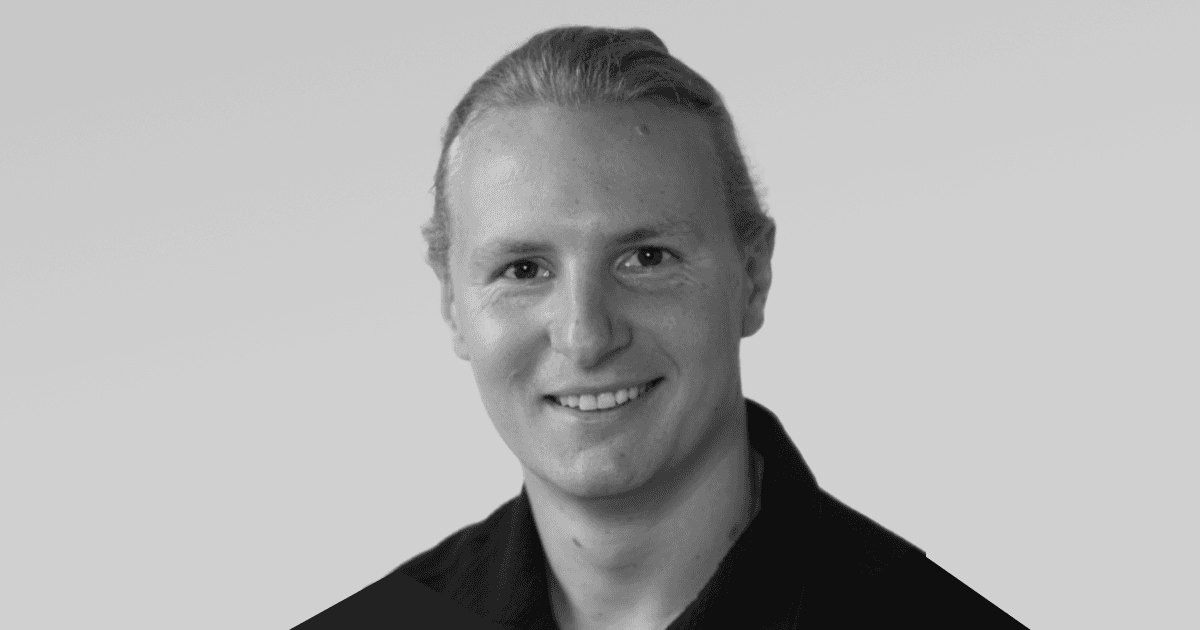Interview with Data Science graduate, Michael Schlathölter
by Claudia Boker

Can you briefly introduce yourself? What did you do before you came to Constructor Academy and where are you now?
My name is Michael. I am 29 years old and I am from Munich. I was born and studied here. I did a dual degree in Business Administration and Industrial Engineering at the TU Munich. After that I worked in sales but after about two years I realized that I kind of missed it technically and yeah, I personally didn't like sales that much, um exactly after that I had more difficulties to find something with programming again because that was a little bit longer ago, so I decided to do a bootcamp and just refresh my programming skills a little bit and do something with my hands again and that's how I ended up doing this.Why did you decide to do Constructor Academy?
What was also a point for me, I wanted to do a bootcamp that was in my city, that's why I also chose Constructor Academy, because I prefer the personal contact, that you can ask your professor directly, that you can ask the assistants or these teaching assistants directly and that you get your questions answered directly and of course the classes are also there.What was your favorite topic?
What I liked best was the data visualization, that you can display the information well, because that's an important part, because you can't see it so well from tables. Second place was neural networks and especially the image recognition or image classification, which I thought was good. Image recognition or image classification, I found that exciting.What did you do in your final project?
Our capstone project was with Neatleaf, a company from California, but also based in Munich. They make a robot that goes through a greenhouse twice a day, similar to those cameras in a football stadium. It takes pictures of the plants and then determines if there are any diseases or nutrient deficiencies in the plants. For example, if the tops are yellow and if there's any mold. We would have to improve the existing image enhancement algorithm, so we would have to degrade the images somehow and then make the algorithm sharper there, or for example if the camera quality is worse for some reason, the algorithm is still able to detect the defects or the diseases.What did you like most about the bootcamp?
In my opinion, the bootcamp was the most technical, covering most topics and really going into depth, and that it was offered in Munich and then in my city was also important to me.Closing
We would like to express our appreciation to Michael for sharing his experience and insights on the data science bootcamp. We extend our warmest wishes to Michael as he ventures into the data science field, equipped with the expertise and knowledge he acquired in the bootcamp.